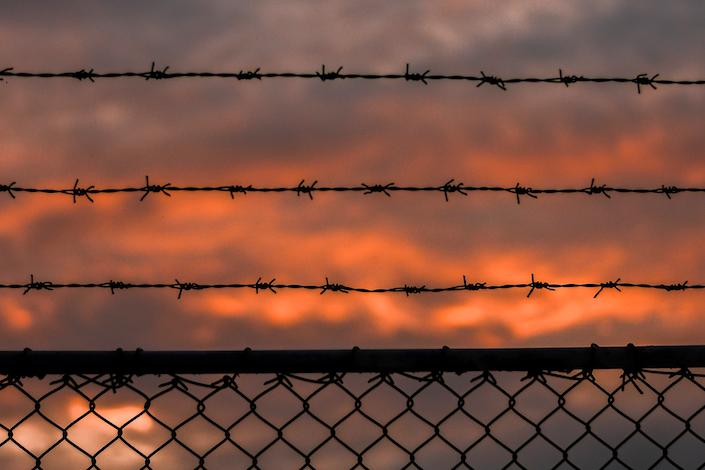
The idea of offering a second chance to people with criminal records was gaining traction within corporate America before the coronavirus pandemic hit. Part of this shift in attitude was pragmatic: The U.S. had 7 million job openings in late 2019, and organizations like the Society for Human Resource Management (SHRM) had offered (and still do) companies the tools and guidance necessary to make second-chance hiring a more seamless process.
Now, there are at least 10 million job openings across the U.S., yet discussions about second-chance hiring have largely ceased. Some of the reasons are obvious: We can start with the lasting impacts of the COVID-19 crisis, including disruptions across the global supply chain, which of late have consumed everyone’s attention.
Nevertheless, the reality has not changed for people trying to re-emerge from the criminal justice system and rebuild their lives. In fairness, some industries are responding: A leading banking group says it is encouraging its members to consider second-chance hiring, and retailers such as the Body Shop are testing out the “open hiring” model that Greyston Bakery has long championed.
Editor's note: Be sure to subscribe to our Brands Taking Stands newsletter, which comes out every Wednesday.
Now, a coalition in northern Florida is trying to make a second chance possible by offering a monthly guaranteed income in order to assist the formerly incarcerated as they dust themselves off and get back on their feet.
In Gainesville, Florida, and surrounding Alachua County, Just Income GNV got its start by offering a monthly cash stipend of $300 for low-income residents during the pandemic. Working with the social impact venture Community Spring, local leaders have since launched a similar pilot program that focuses on local citizens affected by incarceration.
The 2020-2021 effort proved successful, so another round of the Torchlighters Re-Entry Support program will start after the new year. A group of 115 randomly selected people will receive $1,000 in January 2022, followed by $600 a month for the rest of the year, Fast Company reports. Applications are ongoing for Alachua County residents who were recently put on probation or released from prison.
The project is entirely privately funded by Community Spring and Mayors for a Guaranteed Income.
Supporters of the program say this financial commitment can help break the cycle of poverty and recidivism. Here's the deal: Society assumes that once formerly incarcerated people are released, they're restarting their lives with a clean slate. But consider the hurdles these men and women face as they try to find jobs and places to rent. One 2018 study concluded that the formerly incarcerated are 10 times more likely to experience homelessness than the rest of the U.S. population; another analysis suggested that the unemployment rate for people with criminal justice histories is more than 25 percent.
“When justice-impacted people have an income floor, they will devote time and resources to finding meaningful employment, stable housing and addressing their trauma,” wrote Kevin Scott, who himself was once incarcerated and is now a fellow with Community Spring, along with Lauren Poe, the mayor of Gainesville, in a recent op-ed for the Gainesville Sun. “They will be equipped to overcome a system that reincarcerates based on bank accounts. They will be able to contribute to their families, build careers and participate in their community as fully-valued members.”
Image credit: Ali Abdul Rahman via Unsplash

Leon Kaye has written for 3p since 2010 and become executive editor in 2018. His previous work includes writing for the Guardian as well as other online and print publications. In addition, he's worked in sales executive roles within technology and financial research companies, as well as for a public relations firm, for which he consulted with one of the globe’s leading sustainability initiatives. Currently living in Central California, he’s traveled to 70-plus countries and has lived and worked in South Korea, the United Arab Emirates and Uruguay.
Leon’s an alum of Fresno State, the University of Maryland, Baltimore County and the University of Southern California's Marshall Business School. He enjoys traveling abroad as well as exploring California’s Central Coast and the Sierra Nevadas.














